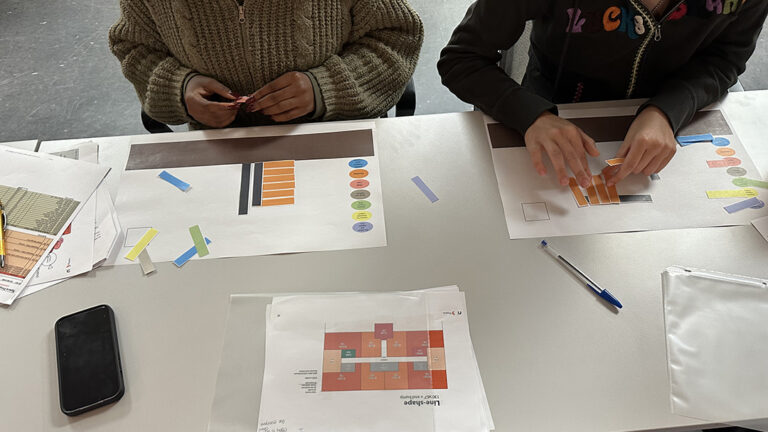A recent national survey conducted by Abacus Data for the Co-operative Housing Federation of Canada reveals a powerful insight: Canadians are not only open to community housing, they want more of it. While most have heard of non-profit and co-operative housing, few truly understand how it works. Yet, once informed by the researchers, nearly three in four see it as a credible and desirable solution to the housing crisis. This presents a unique opportunity to raise awareness, shift perceptions, and build momentum.
The moment is ripe for the sector to step forward. By sharing the real-life stories behind our models and showing their long-term benefits, we can move from quiet support to public enthusiasm. This is about helping Canadians see that community housing isn’t just affordable, it’s transformative. It stabilizes lives, strengthens neighborhoods, and offers a real alternative to profit-driven housing systems that have left too many behind.
The Abacus Data findings provide an essential baseline: 73% of respondents support co-operative and non-profit housing models, and 60% believe there is not enough of this kind of housing in their communities. Perhaps most strikingly, 61% want governments to prioritize the expansion of these models. Support is both principled and pragmatic: Canadians are drawn to the affordability, stability, and community benefits that these models provide. They also recognize their potential to limit the influence of large, profit-driven landlords.
Bridging the knowledge gap toward local and nation-wide relevance
For organizations and associations rooted in local communities, this is a signal to deepen connections. By engaging residents, municipal leaders, and community groups, we can spark local pride in these models and ensure the benefits of community housing are better understood on the ground. Promoting local examples, sharing success stories, and fostering partnerships with municipalities can all contribute to building a strong base of support that complements national messaging.
This is not just a matter of communications, it’s a strategic imperative. Despite the broad support, the same survey reveals that only 36% of Canadians feel they understand how co-op and non-profit housing works. This information gap presents both a challenge and an opportunity. By investing in education and outreach, we can turn curiosity into conviction. We can equip people with the language and knowledge to advocate for community housing in their own neighborhoods.
Building a stronger and more balanced housing market
At the same time, the sector must unite around a bold goal: securing 20% of Canada’s housing market for community and non-market housing. This isn’t just an aspirational target, it’s a practical vision for systemic change. A 20% share would make the sector a stabilizing force in the housing landscape, offering reliable, permanently affordable homes and protecting communities from the volatility of market speculation.
Getting there will require a shift from resilience to growth. The sector must make full use of its assets and tools, from underused land and properties to emerging financial mechanisms and policy levers. It also means exploring new development models that balance deep affordability with financial sustainability, including mixed-income housing that can serve middle-income households while generating revenues to support growth.
To achieve this, we must invest in visibility and education. The public is listening. Now is the time to speak with a strong voice locally and nationally and make the case that community housing isn’t a backup plan. It’s a forward-looking solution designed for people, not profit. It’s time to mobilize around a better system, one that reflects our values, meets the needs of all income levels, and offers a real path toward a more balanced and inclusive housing landscape across Canada.
This is not just about building more housing units; it’s about building a different kind of housing ecosystem. One rooted in long-term stewardship, not short-term returns. One that prioritizes inclusion, dignity, and the common good. In the eyes of many Canadians, co-op and non-profit housing offers more than affordability. It promises permanence, a sense of belonging, and protection against displacement. It can anchor people in their communities and create homes that are part of a vibrant social fabric.









